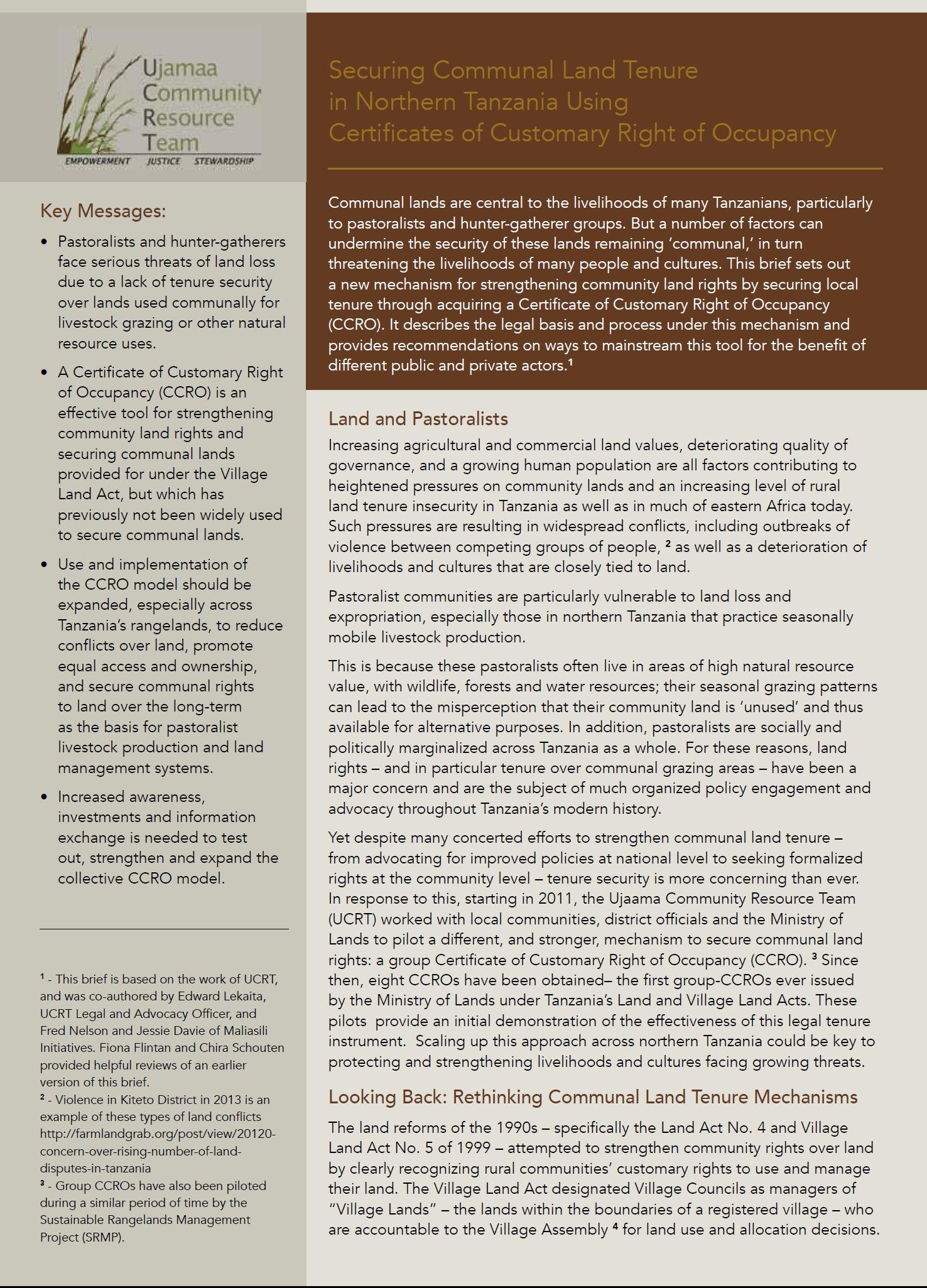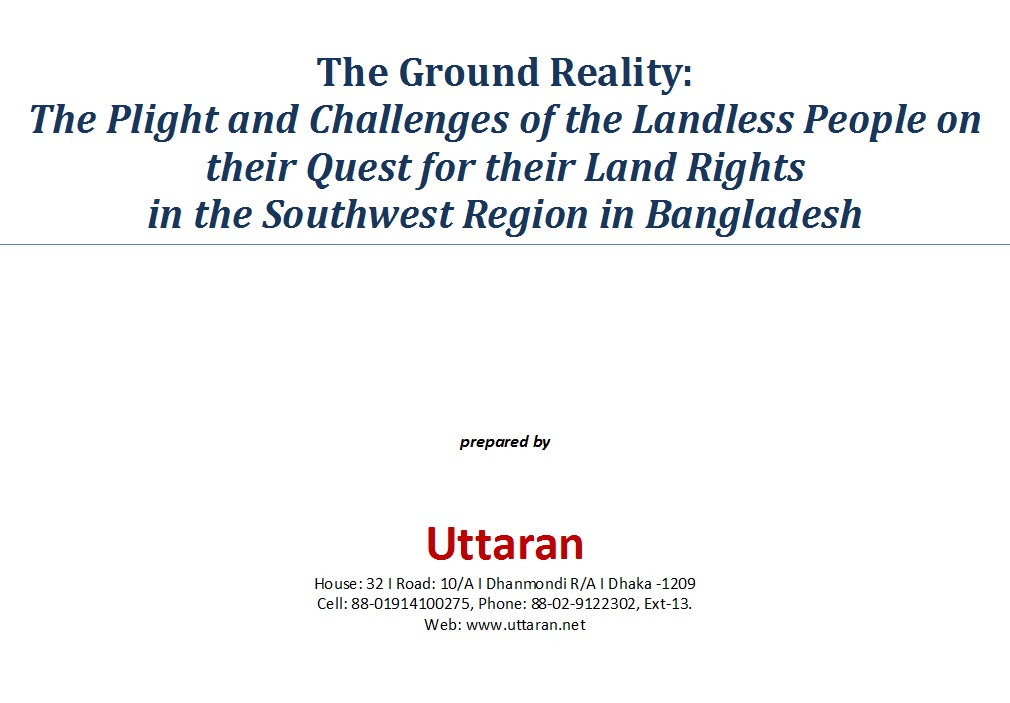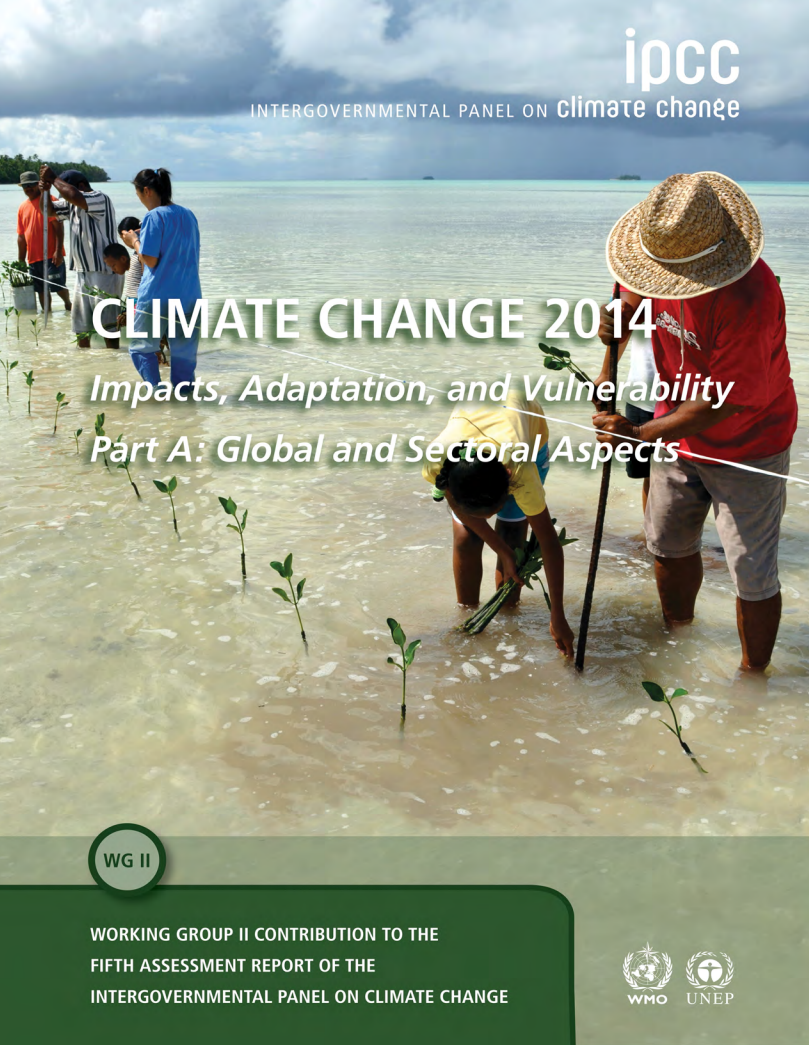Final Report: Land Use Consolidation and Crop Intensification In Rwanda
The Land Use Consolidation Act (LUC) was introduced in 2008 and is an important
component of agricultural policy in Rwanda. As part of the Government of Rwanda’s
broader Crop Intensification Program (CIP), LUC entails participating farmers
consolidating aspects of their operations with neighboring farmers, while retaining
individual ownership of their parcels. LUC farmers also agree to grow a single priority
crop that has been identified by the Ministry of Agriculture (MINAGRI) as best suited to









